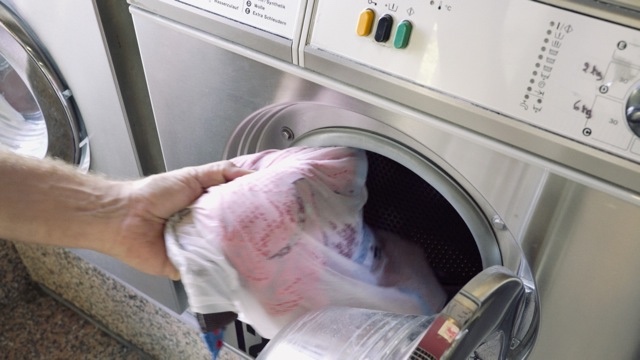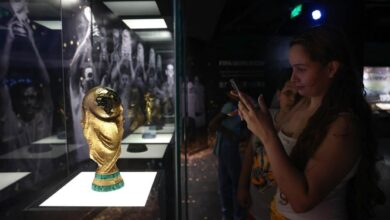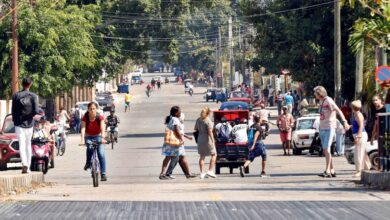This laundry bag can help stop microfiber pollution


Synthetic materials such as microfiber are polluting the world’s water bodies and food supply as they wash of. Tiny fibers from synthetic textiles such as nylon, acrylic or polyester make their way from the washing machine IGNORE INTO rivers and oceans as sewage treatment plants are unable to filter out them.
According to a research by the University of California a city with 100,000 inhabitants releases a number of microfibers equivalent to 15,000 plastic bags. A city like Berlin may be responsible for the equivalent of 540,000 plastic bags, every single day.
Once in the environment these fibers decompose and increase their surface area, which allows them to concentrate pervasive bacteria and pollutants. Also, they can be consumed by aquatic organisms which poses great threat as they can cause gastrointestinal infections, blockages, reproductive problems and starvation.
For example, a study published in Environmental Science & Technology Journal shows health problems among plankton and other small organisms that eat microfibers, which then climbs up the food chain, ending in fish and shellfish sold at markets.
With this in mind, plus their business of surf gear and outdoor apparel, two German inventors, Alexander Nolte and Oliver Spies thought of a solution: The Guppy friend.
The Guppy friend is a laundry bad/clean ocean filter for hand and machine wash. It is made of a special micro-filter material that can capture up to 99% of fibers released in the washing process.
“Our goal is to reduce plastics and microwaste pollution in the world’s rivers and oceans. In addition to the Guppy friend washing machine bag we are developing a filter for washbasins for household and commercial use as well as restraint devices for floating debris.”
The project won the 2016 European Outdoor Industry Award in gold for the most sustainable product of the year and Patagonia will start selling it to its customers.
LatinAmerican Post





